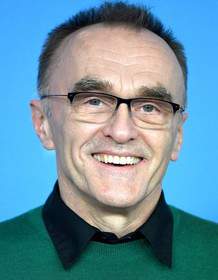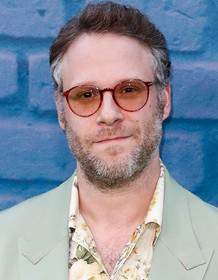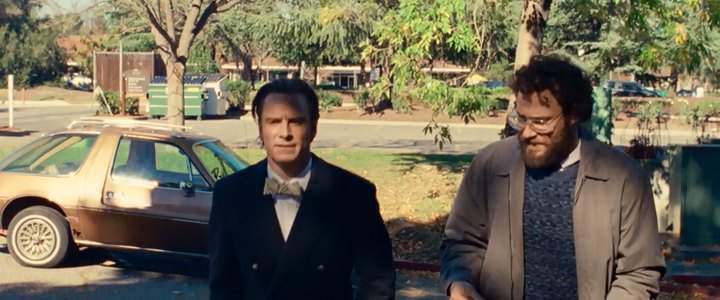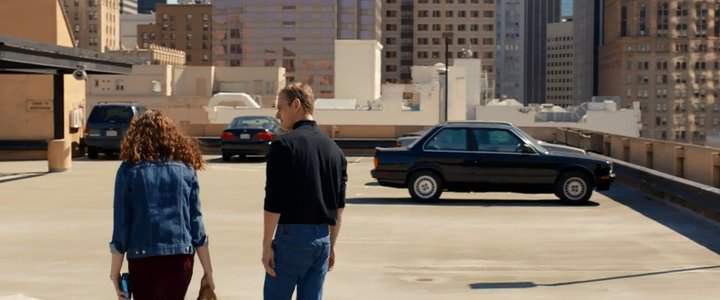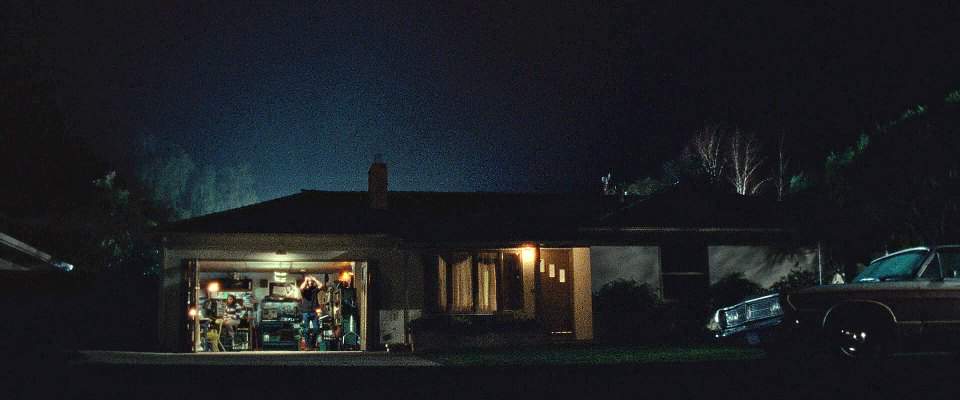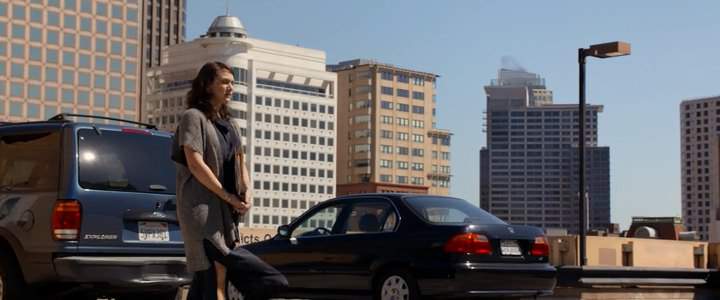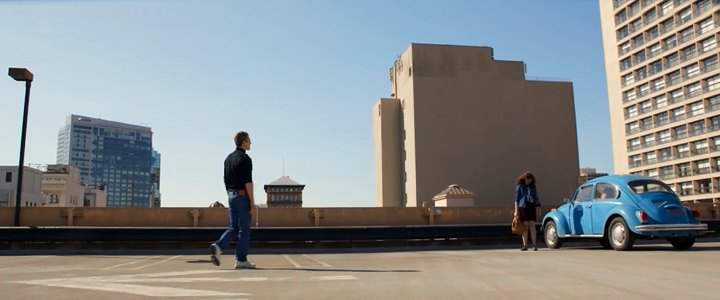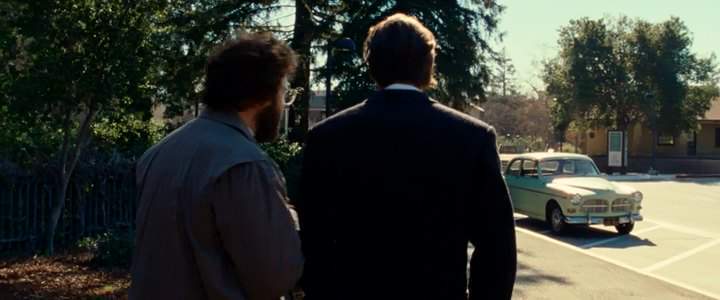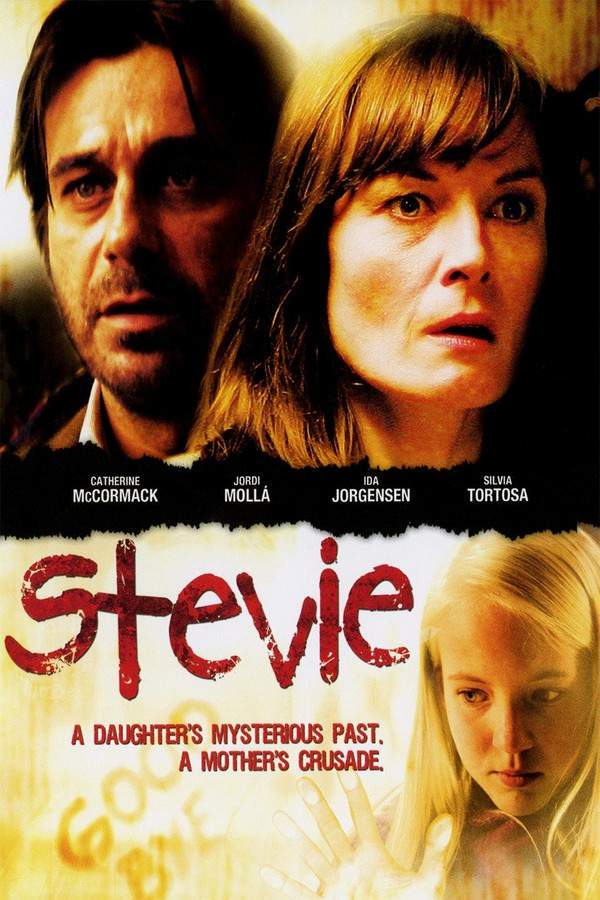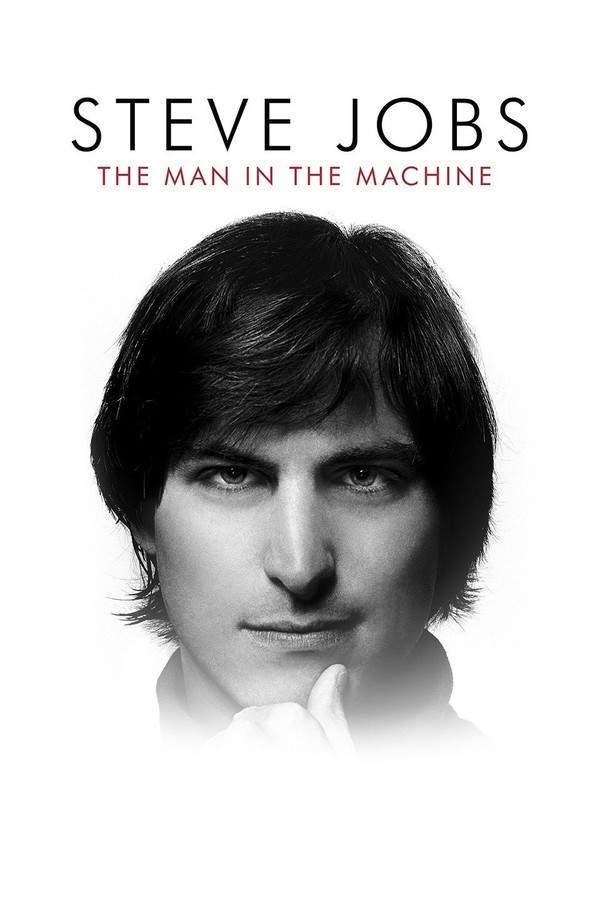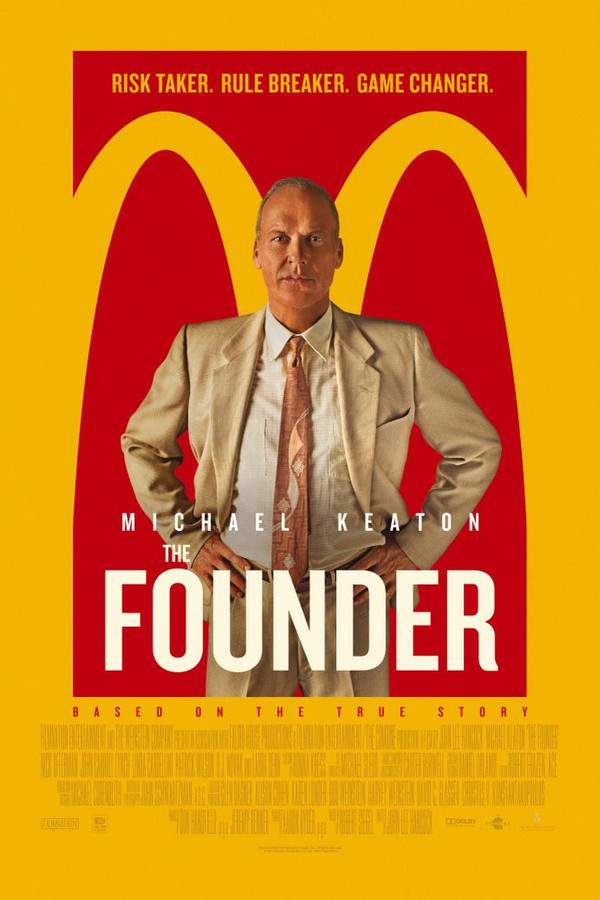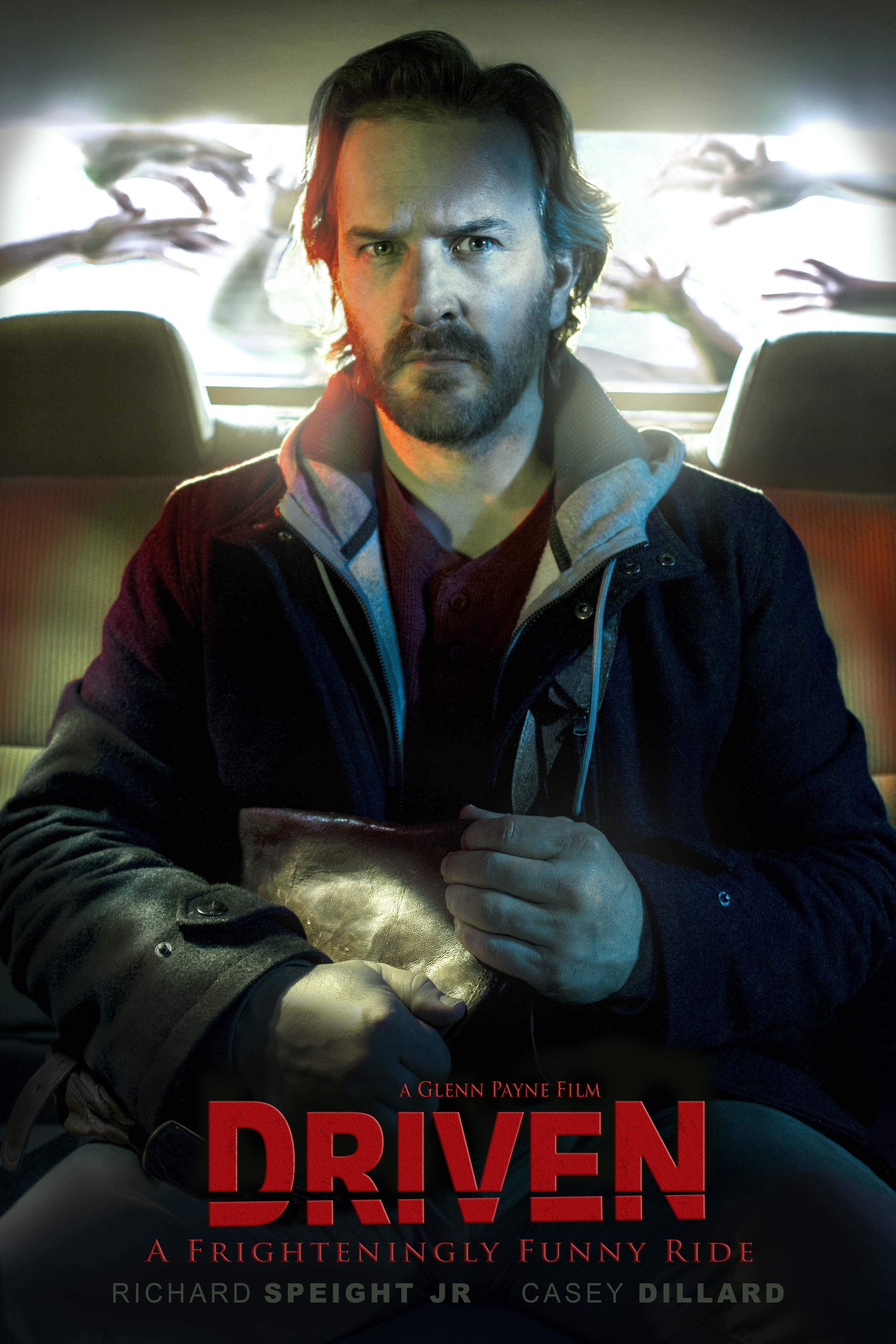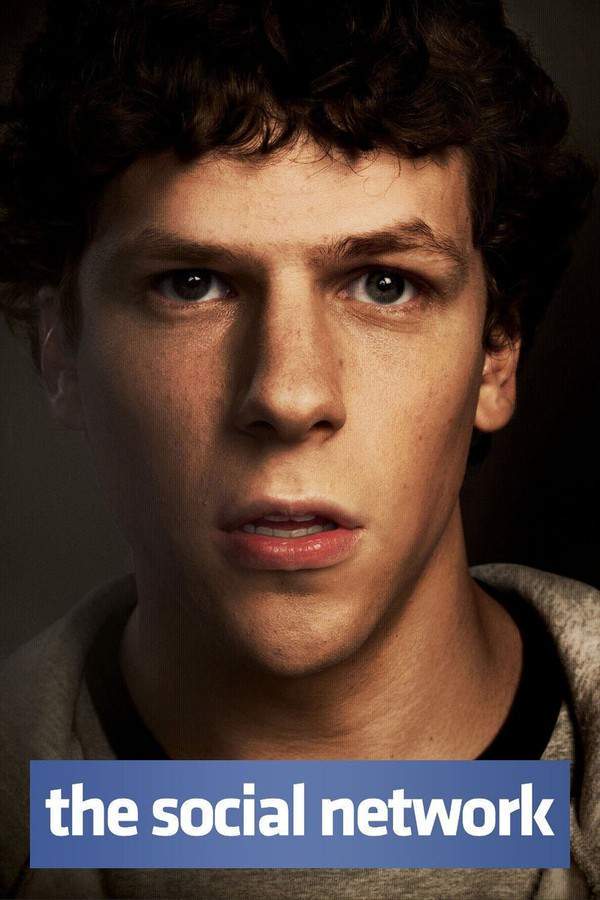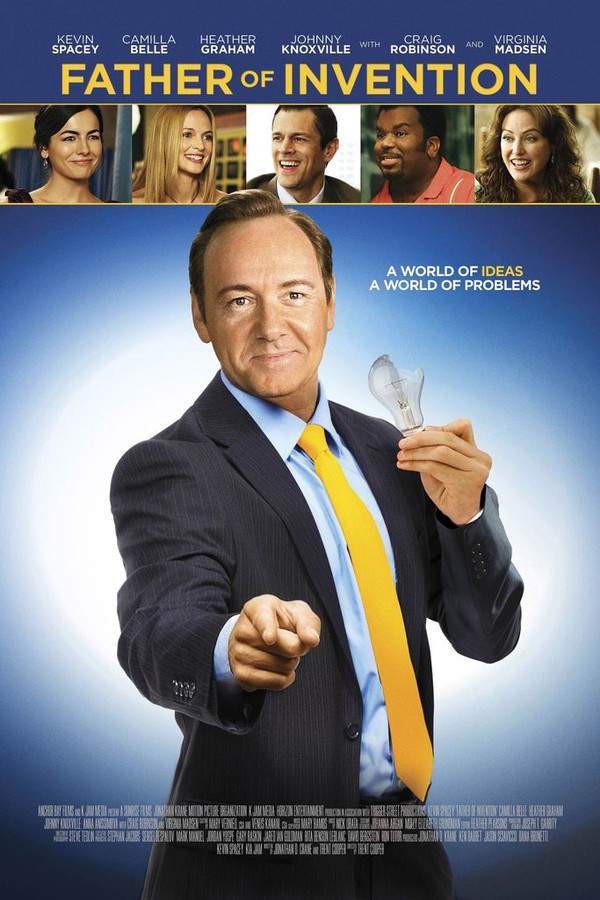Steve Jobs 2015

Driven by ambition and perfectionism, Steve Jobs faces a complex mix of professional and personal challenges. As the Macintosh launch draws near, he grapples with the unexpected reality of his relationship with Chrisann Brennan and their daughter Lisa, compounded by his dismissal from Apple. A decade later, he makes a triumphant return to the company he helped create, determined to redefine the tech landscape with the innovative iMac.
Does Steve Jobs have end credit scenes?
No!
Steve Jobs does not have end credit scenes. You can leave when the credits roll.
Meet the Full Cast and Actors of Steve Jobs
Explore the complete cast of Steve Jobs, including both lead and supporting actors. Learn who plays each character, discover their past roles and achievements, and find out what makes this ensemble cast stand out in the world of film and television.
External Links and Streaming Options
Discover where to watch Steve Jobs online, including streaming platforms, rental options, and official sources. Compare reviews, ratings, and in-depth movie information across sites like IMDb, TMDb, Wikipedia or Rotten Tomatoes.
Ratings and Reviews for Steve Jobs
See how Steve Jobs is rated across major platforms like IMDb, Metacritic, and TMDb. Compare audience scores and critic reviews to understand where Steve Jobs stands among top-rated movies in its genre.

82
Metascore
7.1
User Score


85%
TOMATOMETER

73%
User Score

7.2 /10
IMDb Rating

68
%
User Score

3.6
From 1K fan ratings

3.27/5
From 22 fan ratings
Take the Ultimate Steve Jobs Movie Quiz
Challenge your knowledge of Steve Jobs with this fun and interactive movie quiz. Test yourself on key plot points, iconic characters, hidden details, and memorable moments to see how well you really know the film.
Steve Jobs Quiz: Test your knowledge on the film 'Steve Jobs' and its depiction of the visionary's life and challenges.
Who plays the title character Steve Jobs in the film?
Michael Fassbender
Seth Rogen
Jeff Daniels
Kate Winslet
Show hint
Awards & Nominations for Steve Jobs
Discover all the awards and nominations received by Steve Jobs, from Oscars to film festival honors. Learn how Steve Jobs and its cast and crew have been recognized by critics and the industry alike.
88th Academy Awards 2016
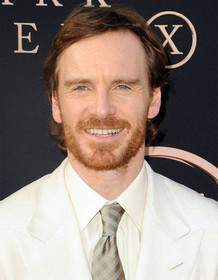

69th British Academy Film Awards 2016


Best Adapted Screenplay
21st Critics' Choice Awards 2016


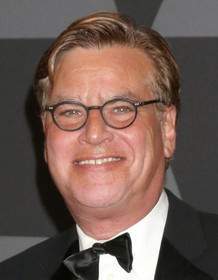
22nd Annual Screen Actors Guild Awards 2016


73rd Golden Globe Awards 2016



Best Original Score
Full Plot Summary and Ending Explained for Steve Jobs
Read the complete plot summary of Steve Jobs, including all major events, twists, and the full ending explained in detail. Explore key characters, themes, hidden meanings, and everything you need to understand the story from beginning to end.
The film begins with an engaging montage featuring Arthur C. Clarke discussing the significance of personal computers in our future. It’s 1984, Cupertino, California, where Steve Jobs (Michael Fassbender), his dedicated assistant Joanna Hoffman (Kate Winslet), and Andy Hertzfeld try to troubleshoot the Macintosh computer moments before its highly anticipated launch. The atmosphere buzzes with tension as they frantically work in a performing arts center, desperate to ensure that the Macintosh will greet its audience with a friendly ‘hello’.
With the clock ticking down, Joanna suggests omitting the voice feature from the demo, but Steve adamantly insists it must be included, fearing that its success hinges on this very moment. He frantically instructs Andy to rectify the issue, expressing frustration when confronted by the limitations of their tools. Joanna, aware of the media presence, including Joel Pforzheimer from GQ, emphasizes the need for discretion, urging them not to discuss the computer’s difficulties aloud. She highlights the stakes—Steve’s ambition to sell a million units in three months. Their exchange reveals cracks in Steve’s drive, reflecting both his brilliance and chaotic nature.
As tensions rise, Joanna leads in some comic relief with the revelation of Steve’s daughter Lisa. Their strained family dynamic is spotlighted when Chrisann, Lisa’s mother, confronts Steve about his responsibilities, arguing that he casts shadows over their now meager life after his rift with Apple. Despite her insistence on their connection, insinuations about paternity tests and financial obligations lead to further friction. While tension permeates backstage, the young Lisa expresses curiosity about her father, connecting dots that reveal just how much their relationship is strained.
Intertwined in the narrative is Steve Wozniak (Seth Rogen), whose awkwardness adds levity to this high-stakes environment. Their discussions about the launch highlight Steve’s singular focus on the Macintosh while dismissing the contributions of others. A sense of rivalry, paternal concern, and a desperate need for validation are woven throughout these interactions.
As the scene shifts forward to 1988, Steve is introduced to NeXT, where he remains fixated on perfectionism, distancing himself emotionally from those around him, particularly from Joanna. Dialogues echo past grievances, showcasing Steve’s unyielding nature and his obsession with aesthetics. Joanna’s challenges against Steve’s skewed perceptions lead to an underlying tension between them, culminating in reflective discussions that reveal more to Steve than he wishes to acknowledge.
In a fluid transition through the film, we witness the pressures of sales, innovation, and personal redemption, building towards Steve’s poignant realization about his family and authentic connections. The audience is drawn into a compelling conclusion when Steve finally embraces his unique narrative of innovation and grapples with his personal history.
In the denouement, as the iMac comes to life, Steve shifts from a self-centered innovator to a more deeply layered man, reconnecting with Lisa on a heartfelt level. The warmth that emerges from this connection contrasts sharply with the earlier complexities of his relationships. Closing echoes emphasize “I want to live with you”, revealing how his journey encompasses more than just groundbreaking technology—it’s also about familial reconnections and personal growth.
In a reflective moment set against Bob Dylan’s “Shelter from the Storm,” Steve steps back to envision a future filled with promise, forgetting the pressure of the public eye and cherishing the intimate moments with his daughter. The movie concludes not with a triumphant technology launch but rather with a transformative personal victory, signifying that the greatest creation might just be the relationships built along the way.
Uncover the Details: Timeline, Characters, Themes, and Beyond!

Coming soon on iOS and Android
The Plot Explained Mobile App
From blockbusters to hidden gems — dive into movie stories anytime, anywhere. Save your favorites, discover plots faster, and never miss a twist again.
Sign up to be the first to know when we launch. Your email stays private — always.
Watch Trailers, Clips & Behind-the-Scenes for Steve Jobs
Watch official trailers, exclusive clips, cast interviews, and behind-the-scenes footage from Steve Jobs. Dive deeper into the making of the film, its standout moments, and key production insights.
Cars Featured in Steve Jobs
Explore all cars featured in Steve Jobs, including their makes, models, scenes they appear in, and their significance to the plot. A must-read for car enthusiasts and movie buffs alike.
Steve Jobs Themes and Keywords
Discover the central themes, ideas, and keywords that define the movie’s story, tone, and message. Analyze the film’s deeper meanings, genre influences, and recurring concepts.
Steve Jobs Other Names and Titles
Explore the various alternative titles, translations, and other names used for Steve Jobs across different regions and languages. Understand how the film is marketed and recognized worldwide.
Articles, Reviews & Explainers About Steve Jobs
Stay updated on Steve Jobs with in-depth articles, critical reviews, and ending explainers. Explore hidden meanings, major themes, and expert insights into the film’s story and impact.
Similar Movies To Steve Jobs You Should Know About
Browse a curated list of movies similar in genre, tone, characters, or story structure. Discover new titles like the one you're watching, perfect for fans of related plots, vibes, or cinematic styles.
Quick Links: Summary, Cast, Ratings, More

What's After the Movie?
Not sure whether to stay after the credits? Find out!
Explore Our Movie Platform
New Movie Releases (2025)
Famous Movie Actors
Top Film Production Studios
Movie Plot Summaries & Endings
Major Movie Awards & Winners
Best Concert Films & Music Documentaries
Movie Collections and Curated Lists
© 2025 What's After the Movie. All rights reserved.


